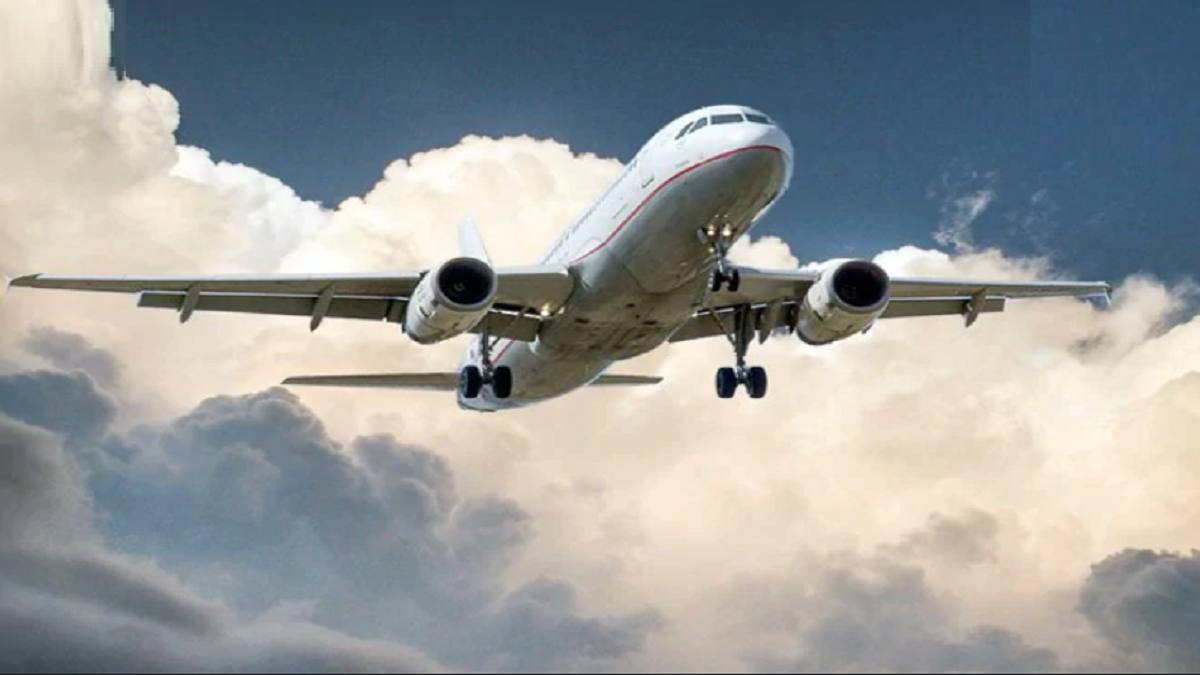


The Government of India on Wednesday postponed the full resumption of international flights from 15 December due to the emergence of a new coronavirus variant named Omicron, which has been classified by the World Health of Organization (WHO) as a “variant of concern”. The development came even as the Union Health Ministry on Wednesday sent a letter to the Maharashtra government, urging it to align the orders it has given in the wake of Omicron with the Centre’s guidelines.
Arun Kumar, Director General of Directorate General of Civil Aviation (DGCA), said, “In view of the emerging situation, we are postponing the resumption of international flight operations. We will, however, continue flights under the air bubble agreement.”
Talking to The Daily Guardian, Basant Saurabh, a public health specialist based in New Delhi said, “Omicron is a dangerous variant and the next couple of weeks would be crucial for the entire world. As per latest data, this variant has reached countries across the globe and since we underwent a devastating experience during the second wave, we need to be very cautious.”
Meanwhile, with new Covid guidelines for international passengers being followed from today, the Delhi Airport has said that a total of 1013 passengers from four “at risk” flights have completed the arrival formalities successfully. 792 passengers decided to take the Rapid PCR Test and 221 passengers opted for the RT-PCR test. As per the report, the operations for the international arrivals are running smoothly after the implementation of the guidelines.
The guidelines for international arrivals state that the passengers must submit the “self-declaration form on the online Air Suvidha portal before the scheduled travel, including last 14 days travel details.” Also, one needs to upload a negative Covid-19 RT-PCR report that should have been conducted within 72 hours before undertaking the journey. The notice also states that the passengers originating or transiting from at-risk countries shall be informed by the airlines that they will undergo post-arrival testing, quarantine if tested negative, stringent isolation protocols if tested positive while following the other regular guidelines.
As per officials, Delhi International Airport has made arrangements for up to 1,500 international passengers, including those arriving from the notified “at risk” countries, along with 5% of the members coming from the other countries, till the time their RT-PCR results are declared after their arrival. Each test costs around Rs 1,700, including RT-PCR tests, food, water at the airport. The passengers are needed to wait at least six hours for the results before leaving the airport or boarding a connecting flight. As per the officials, the testing facilities take 400-500 samples in one hour, and one test result may take four hours or more. The immigration process will be carried out only after the results.
As per the latest record, the list of “at risk” countries are countries in Europe including The United Kingdom, South Africa, Brazil, Botswana, China, Mauritius, New Zealand, Zimbabwe, Singapore, Hong Kong, and Israel. Health Minister Mansukh Mandaviya said that the new variant has not been detected in India yet. He also indicated that India has sufficient resources and laboratories so the situation can be managed. The new variant Omicron is believed to have more than 50 mutations, including more than 30 spike proteins. Currently, the researchers are analysing whether the new variant is lethal than the other variants or not.
Meanwhile, the Union Health Ministry on Wednesday sent a letter to the Maharashtra government, urging it to align the orders given in the wake of Omicron with Centre’s guidelines. The letter, signed by Union Health Secretary Rajesh Bhushan, calls for uniform implementation of guidelines across all the states and union territories. The Centre’s letter has identified four points from Maharashtra government’s guidelines, which were issued on 30 November. These are: (a) Mandatory RT-PCR testing of all international travellers at the Mumbai airport, irrespective of country of origin; (b) Mandatory 14-day home quarantine for all international passengers, despite being tested RT-PCR negative upon arrival; (c) Mandatory RT-PCR test for passengers planning to undertake connecting flights after disembarking at Mumbai and further travel subject to a negative RT-PCR result; (d) Requirement of negative RT-PCR test 48 hours prior to date of journey, for domestic passengers travelling from other states to Maharashtra.
In the letter sent to Maharashtra’s additional chief secretary, Bhushan advised that such modified orders of the state government are given wide publicity to obviate any inconvenience to travellers.
Unlike Maharashtra, the guidelines issued by the Centre are meant only for “at-risk” countries. The Maharashtra government had announced these guidelines on Tuesday, and said they will come into effect immediately in order to restrict the transmission of the said virus variant into the state. The order copy read, “The restrictions imposed by the Government of India guidelines dated November 28, 2021 as well as future restrictions, if any, shall act as minimum restrictions to be imposed.”
But on Wednesday, the BrihanMumbai Municipal Corporation (BMC) said that a window of two days shall be granted to all passengers from “at-risk” countries, since many fliers will have already finalised their plans of travel, may be on the move, or might even be airborne, and unaware of these guidelines. These revised guidelines will now come into effect from 2 December, at 11.59pm.
The BMC has also directed the Mumbai airport operators to communicate to all domestic airlines not to allow any passengers landing in Mumbai, to board flight without negative RT-PCR report taken within 72 hours of travel. It said that testing may be allowed at the airport on arrival only in exceptional cases.